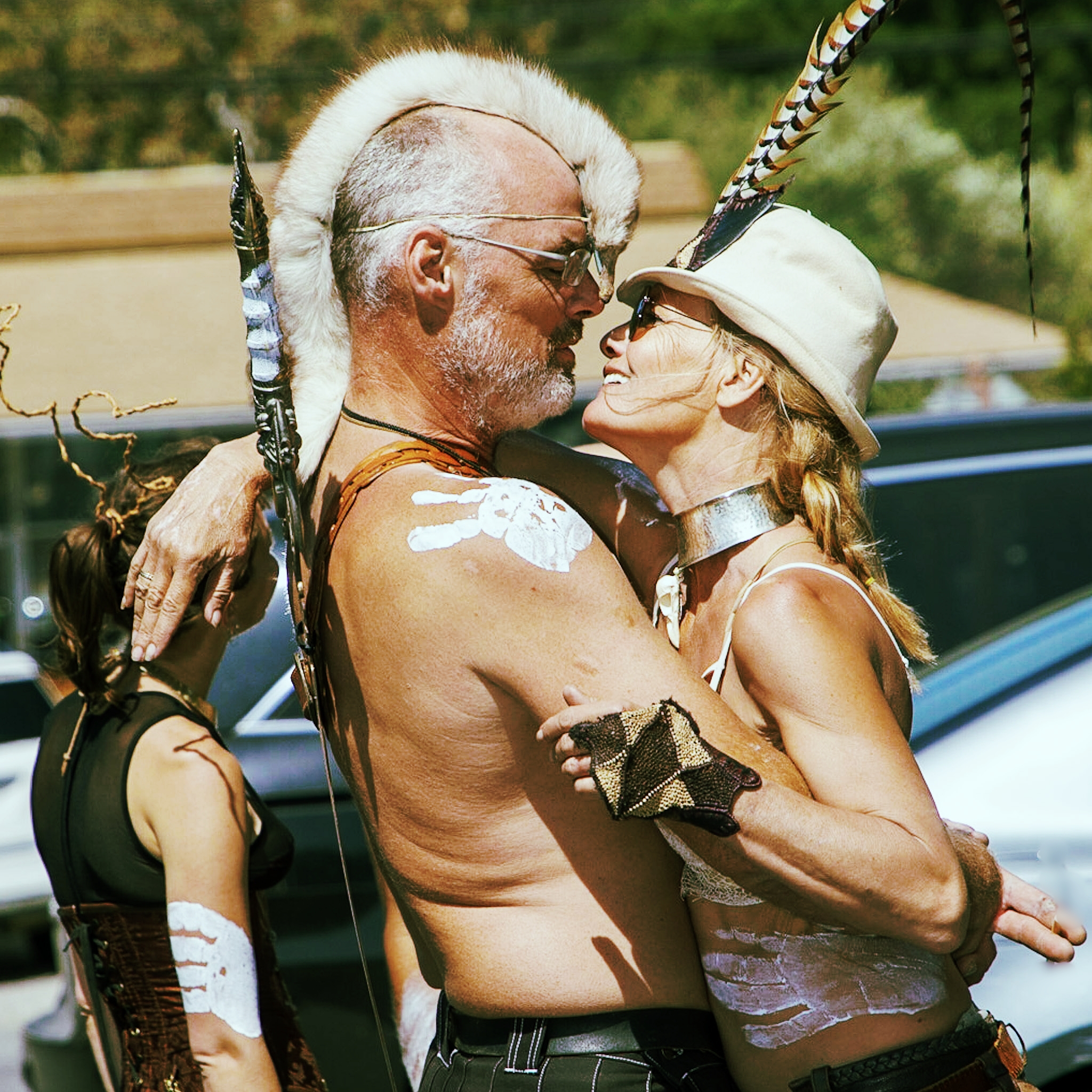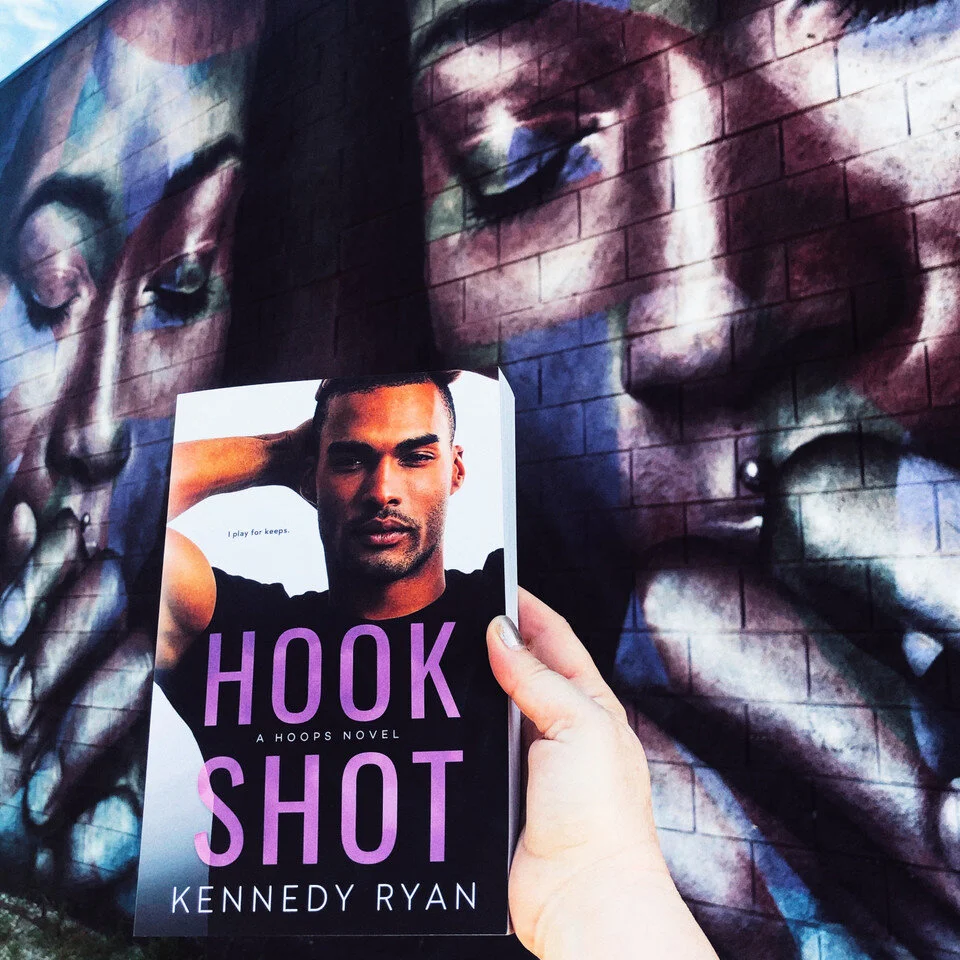THE SEVEN HUSBANDS OF EVELYN HUGO by Taylor Jenkins Reid
While I’m not of the generation to have actually grown up on the scandals and triumphs of Hollywood’s Golden Age heroines, I was a big enough fan of old movie reruns growing up to have felt like it. At the time, I had an uncomplicated relationship with the films and their stars, enjoying the witty banter and glamorous people, but not giving much thought to the way they maintained any sense of personal empowerment or authenticity with such narrowly prescribed roles. I didn’t consider the ways the culture at large (and of celebrity) demanded them to adhere to strict notions of acceptable aesthetics, gender roles, sexual behavior or identity in order to survive, and I certainly didn’t know I was missing a fictionalized celebrity tell-all from a character with echoes of Elizabeth Taylor, Rita Heyworth, and Ava Gabor, in order to gain insight into those very dynamics. Boy, is The Seven Husbands of Evelyn Hugo the book my Old Hollywood obsessed adolescent self didn’t know to wish for!
I went into the book knowing next to nothing about it, and it’s an experience I recommend. As a result, I hesitate to say much more than book is far more than the fictionalized celebrity scandal memoir it shouts from its title.
At the center of the book, we have two women grappling with how to achieve their goals and take what they want in a world that judges women’s ambition and routinely demands they be less than they are.
Both the aging starlet, Evelyn, and the up and coming magazine writer, Monique, have a past in which they’ve made the choice to erase themselves in order to be more palatable to the world around them. Evelyn does so with a calculating, unapologetic certainty. She blatantly lies and cheats to camouflage herself from those who would judge, use, and discard her. In the process, she frequently hurts those closest to her, but it becomes impossible to judge her without recognizing that it is the demands of an oppressive system giving rise to all that pain.
Monique’s camouflage is more subtle, perhaps because it’s so familiar. It comes from fulfilling every societal expectations of “nice” behavior. She has seemingly spent a lifetime playing it safe, never asking for what she really wants, personally or professionally. It is only in the lessons of Evelyn’s life that she begins learning how to shed the self-effacing, “polite” self she’s been taught and seize her power.
I was captivated by the novel and its nuanced characters, but what surprised me most was it’s relevance. In one of her wiser moments, Evelyn says, “I have spent my life knowing the importance of allowing people to tell you who they are instead of reducing them to labels.” The novel ably makes the point that all we can expect is suffering when we insist on reductive labels and punish personal truth.






